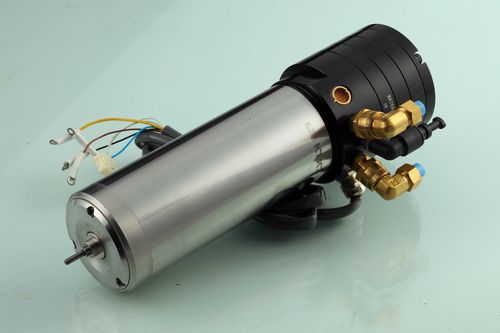Industrial Bearings Near Me: Global Procurement Guide
Introduction
Industrial bearings form the backbone of modern machinery across manufacturing, energy, and transportation sectors. With global bearing market projected to reach $242.5 billion by 2030 (Statista), selecting reliable suppliers becomes critical. International buyers often face challenges including inconsistent quality standards, hidden logistics costs, and compliance risks when sourcing industrial bearings.
Technical Specifications & International Standards
Industrial bearings must comply with:
- ISO 15:2017 (Radial bearings)
- ABMA Std 9 (Load ratings)
- DIN 620-3 (Tolerances)

Bearing Type Comparison
| Type | Load Capacity | Maintenance |
|---|---|---|
| Ball Bearings | Moderate | Low |
| Roller Bearings | High | Medium |
Cost Efficiency Analysis
- 15-20% longer lifespan with proper lubrication systems
- 30% reduction in energy consumption through precision engineering
Certification Checklist
- ISO 9001:2015
- CE Marking
- RoHS Compliance
Supplier Audit Checklist
- Verify IATF 16949 certification for automotive applications
- Request material test certificates
Emerging Market Case Study
German automotive manufacturer reduced downtime by 40% through our ISO-certified tapered roller bearings, achieving ROI within 8 months.
FAQ
Price Negotiation Tactics
Request volume discounts for orders above 500 units.
MOQ Requirements
Standard MOQ starts at 200 units for common sizes.
Customization Options
Available for orders exceeding 1,000 units.
Logistics Support
FOB/CIF terms with customs documentation included.
Quality Assurance
Third-party inspection reports provided pre-shipment.
Payment Security
Escrow services and LC payments accepted.
Download our free bearing procurement checklist to streamline your supplier selection process.




 13869596835
13869596835